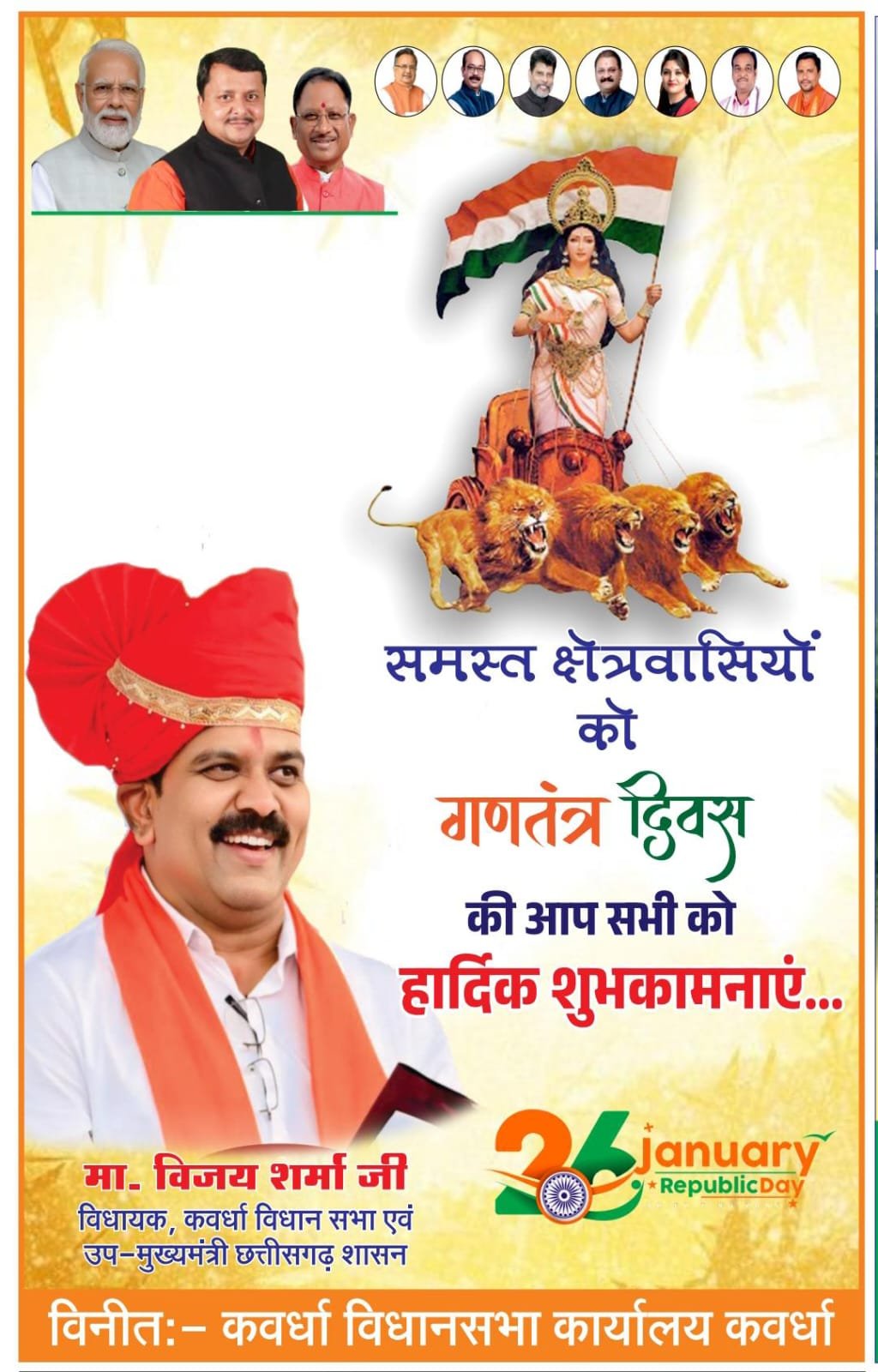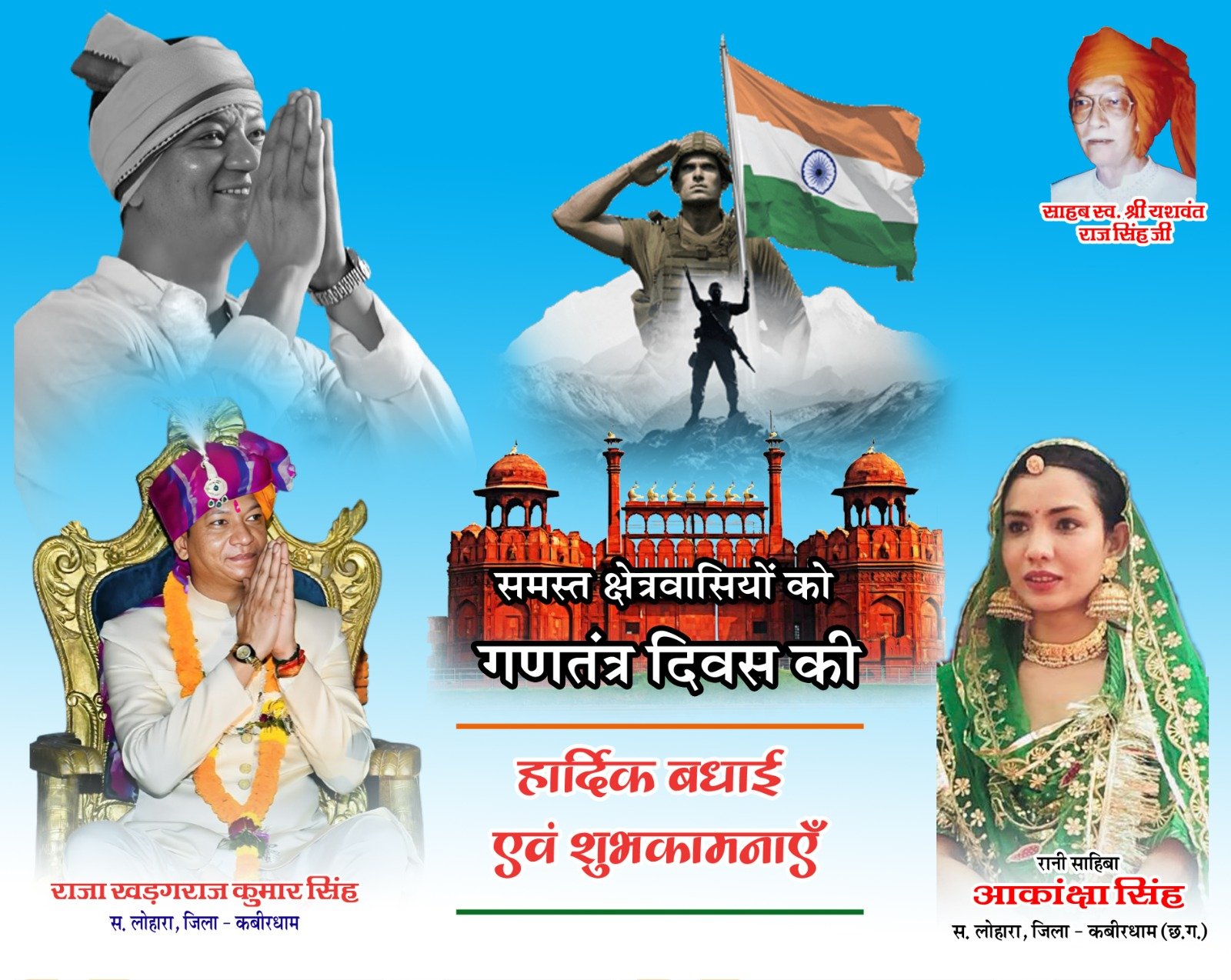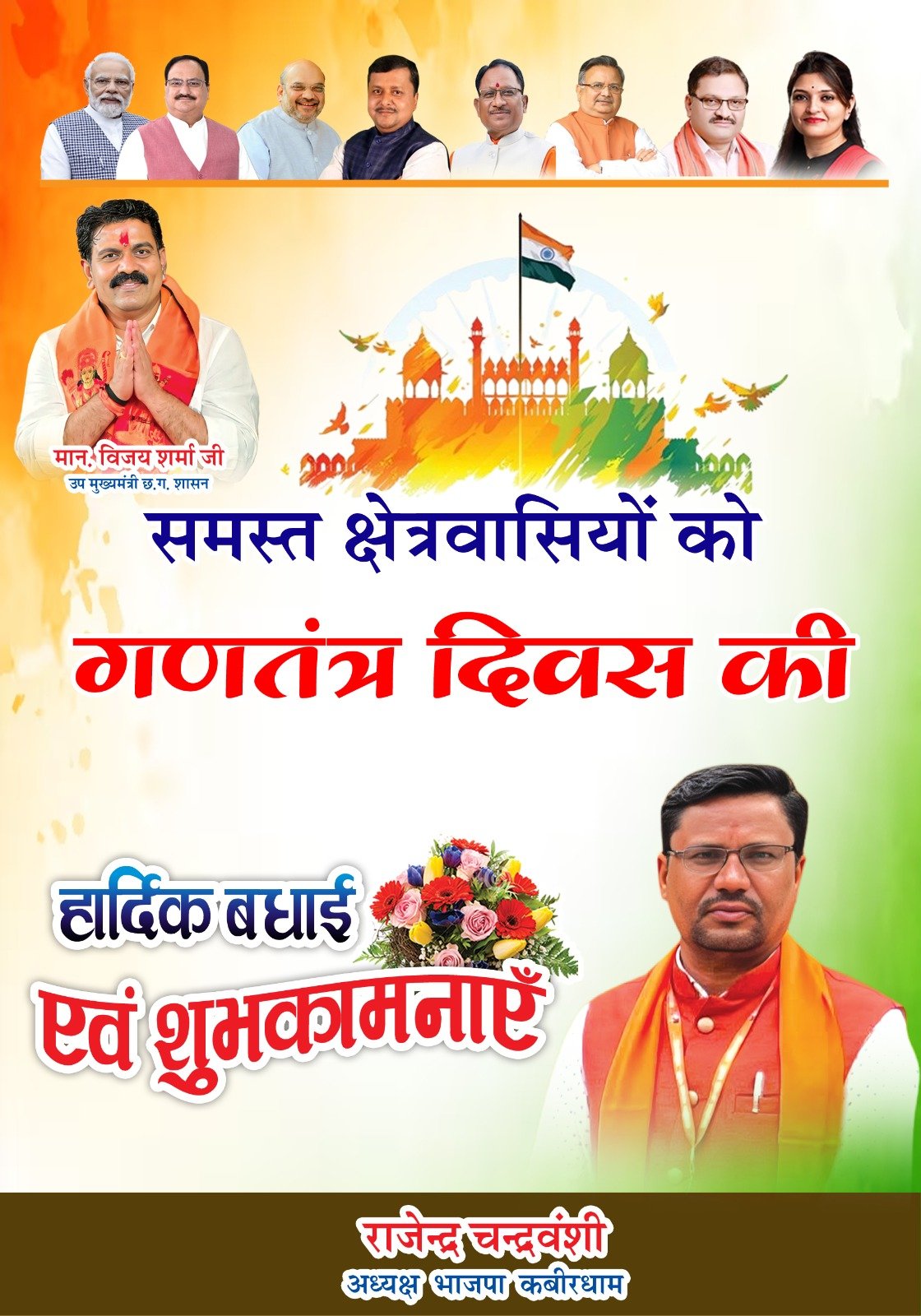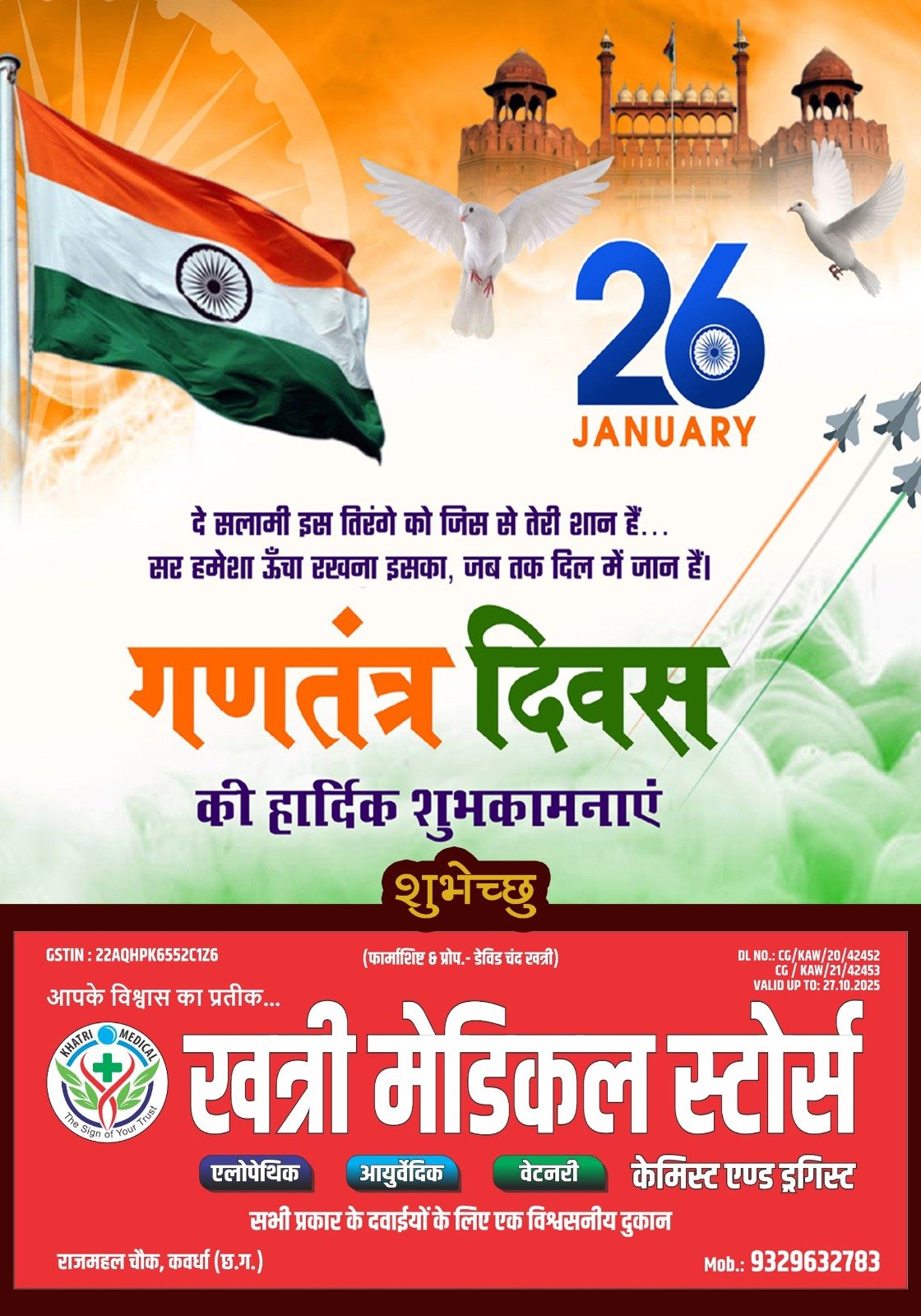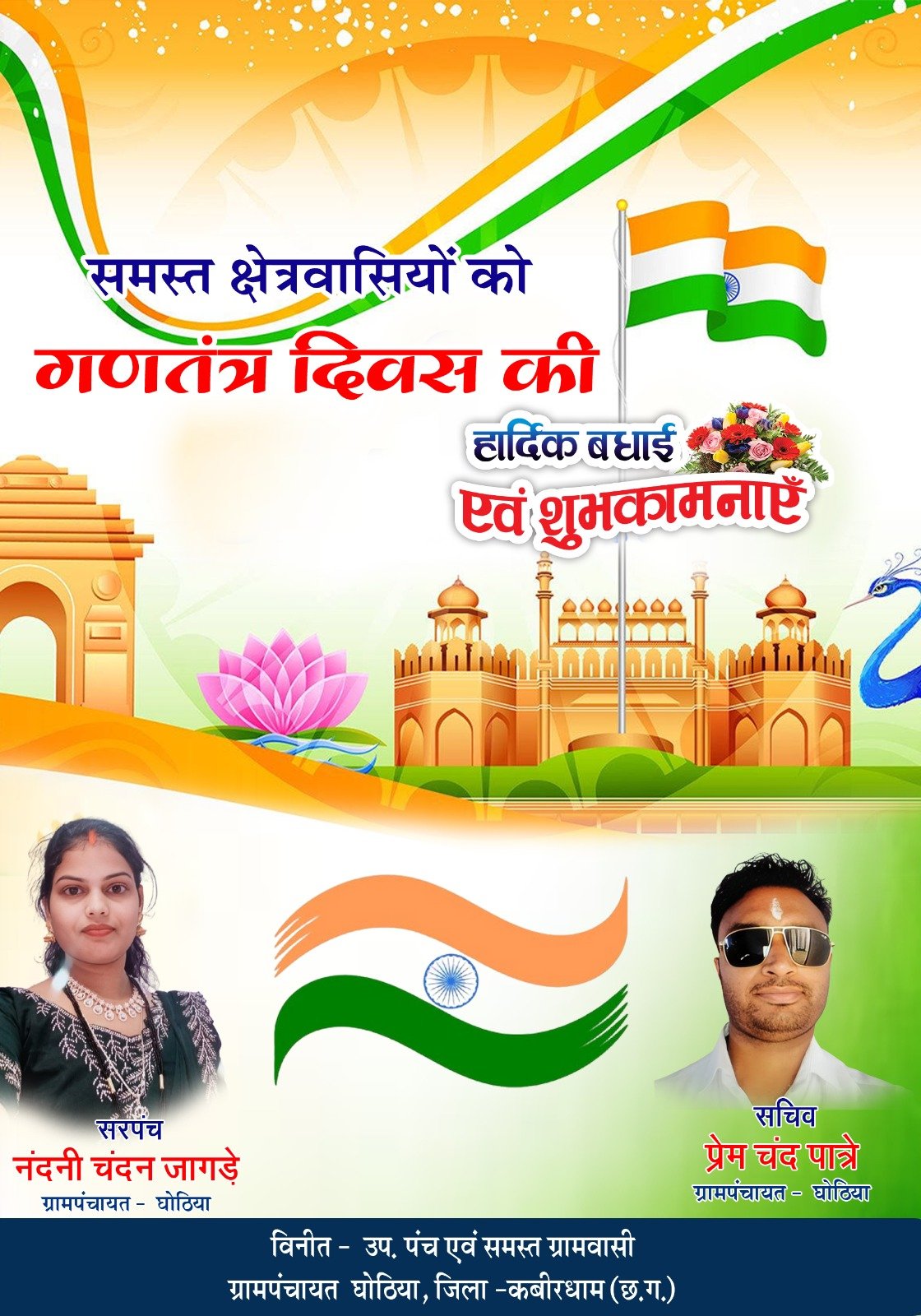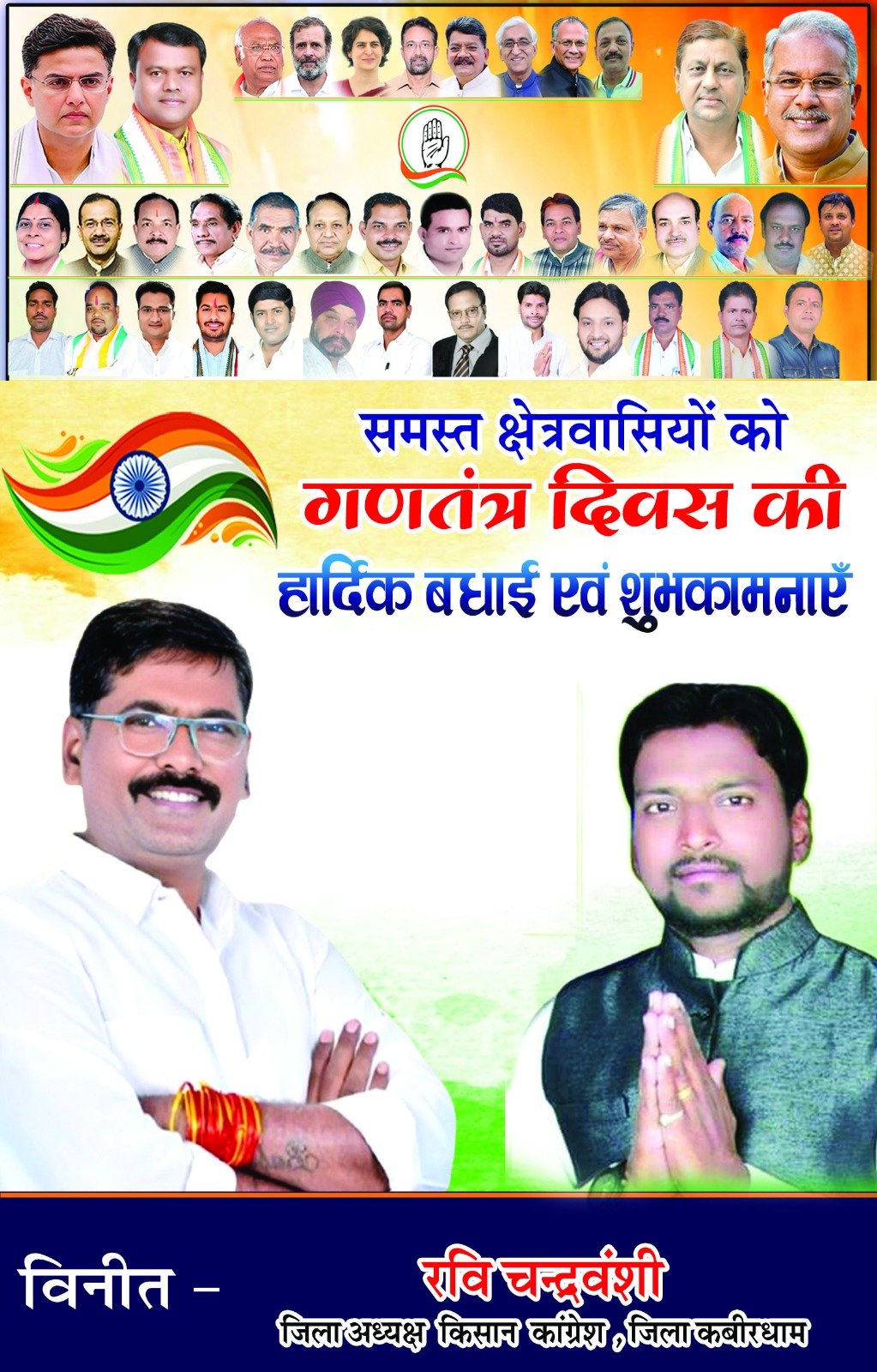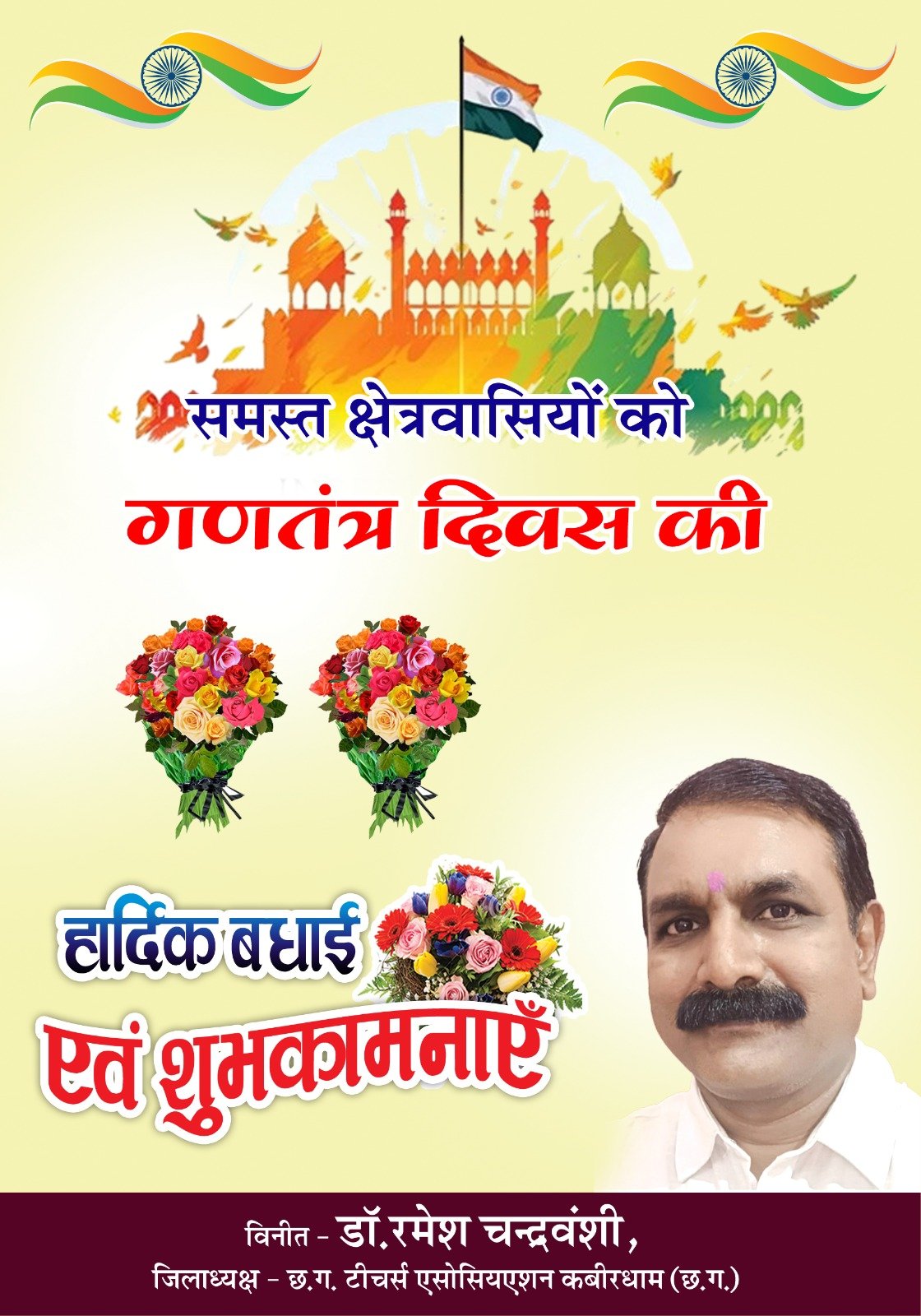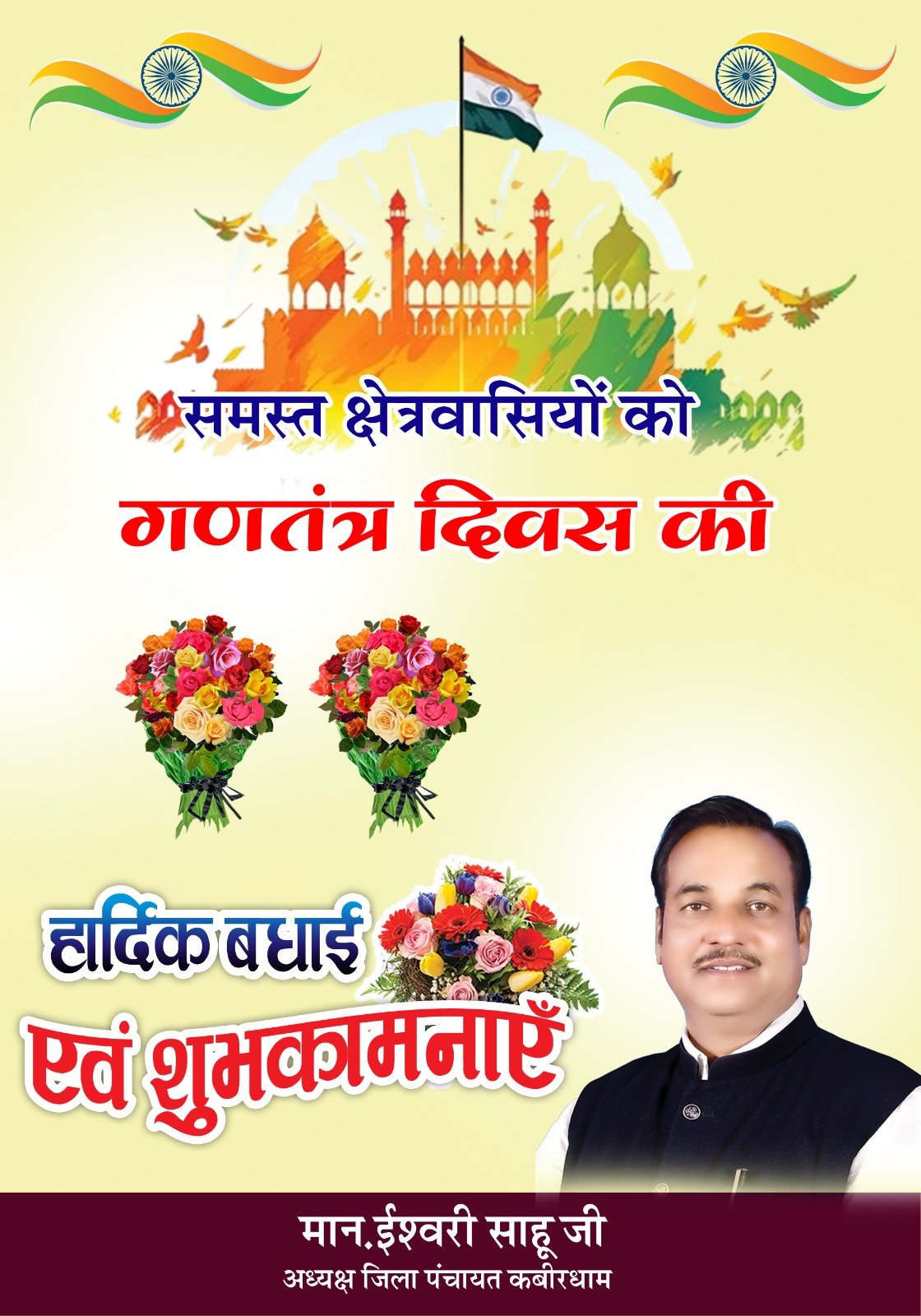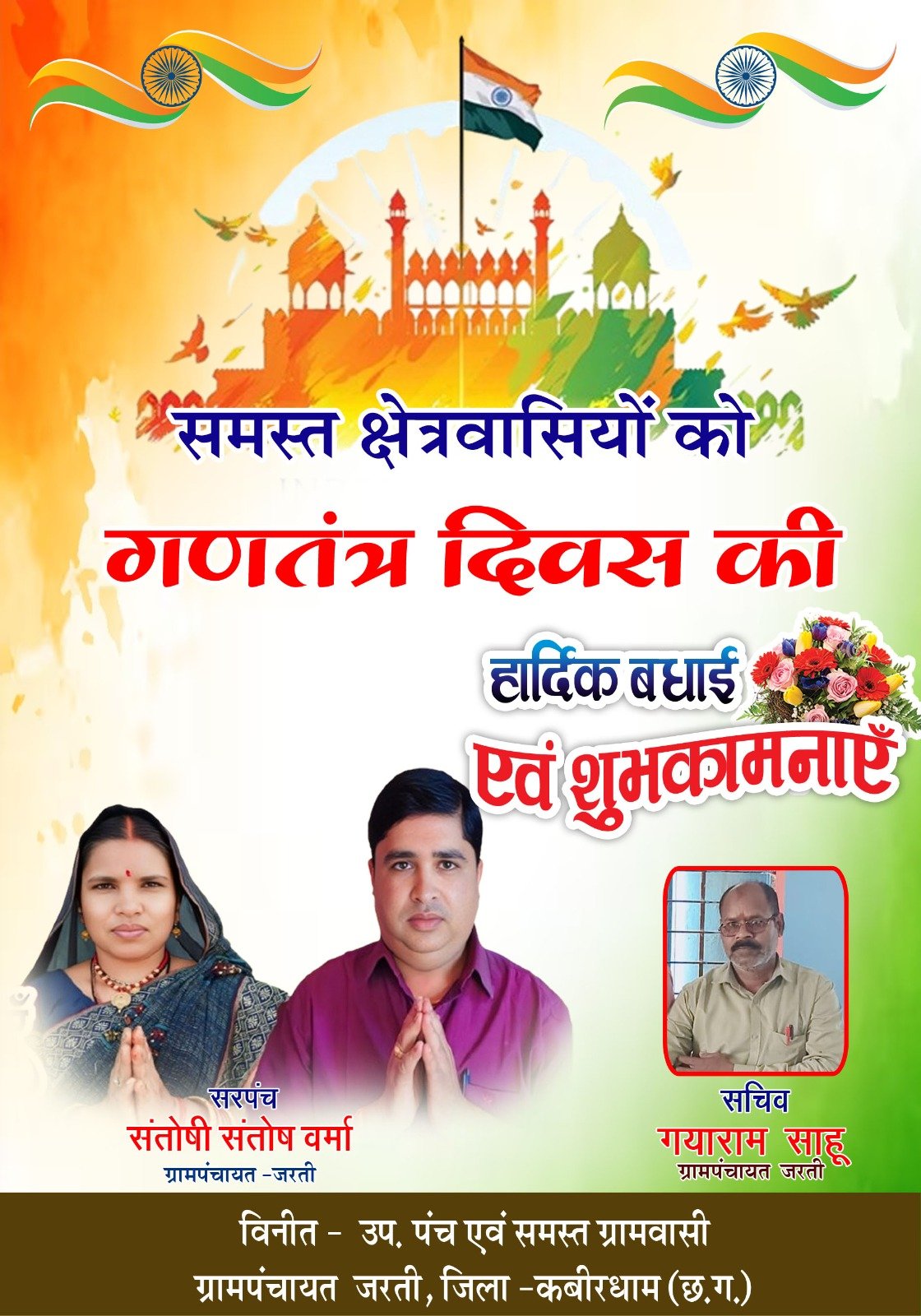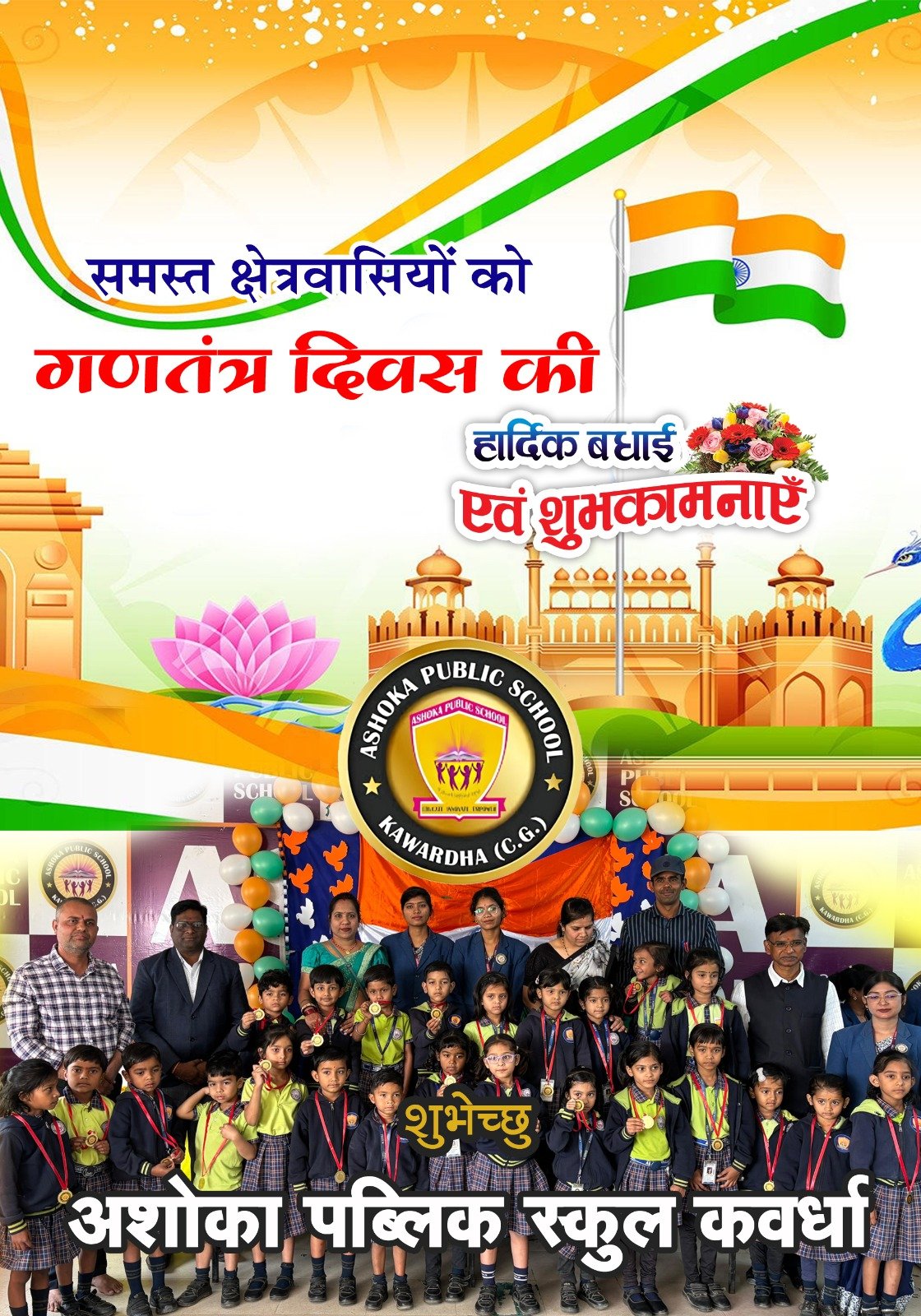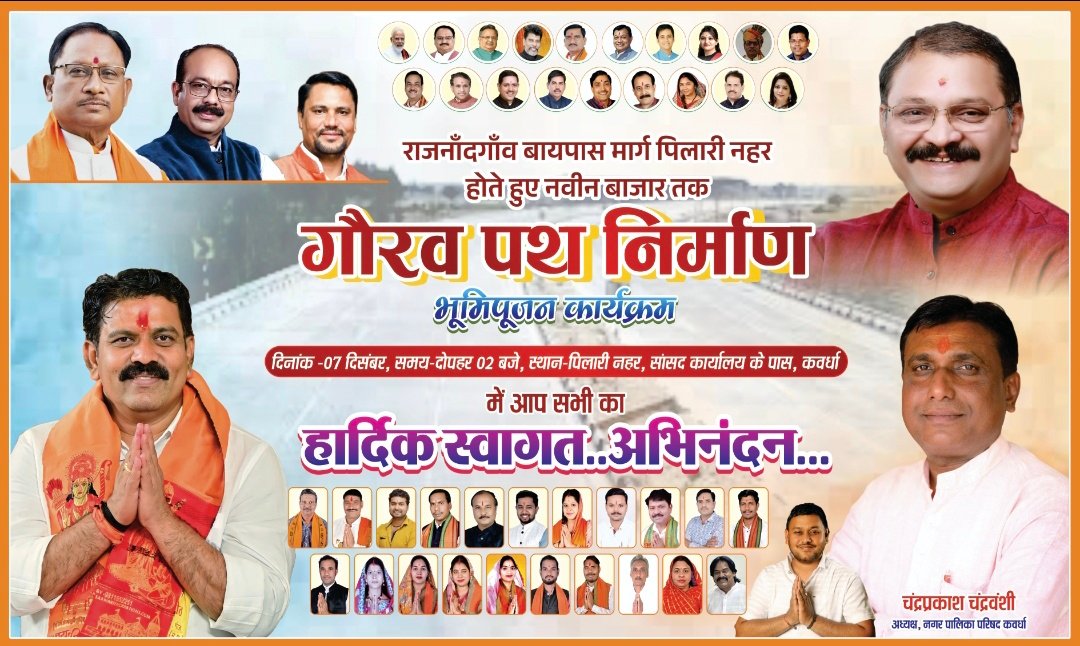Throughout history, rituals have served as foundational elements in shaping societies, fostering shared identities, and embedding moral principles. Today, as we navigate complex social dynamics, understanding the roots of our values in ancient practices offers valuable insights into how tradition influences contemporary ethics. This article explores the profound connection between ancient rituals and modern value systems, illustrating their enduring relevance through historical examples and modern adaptations.
Table of Contents
- Introduction: The Relevance of Ancient Rituals in Contemporary Society
- Historical Foundations: How Ancient Rituals Shaped Societies
- The Symbolism and Values Embedded in Ancient Rituals
- From Rituals to Modern Value Systems: Conceptual Bridges
- Case Study: Modern Cultural Reflection in Ritual-Inspired Media
- Can Modern Society Reintegrate Rituals for Ethical Development?
- Beyond the Surface: Psychological and Sociological Effects
- Critical Perspectives on Ritual-Inspired Values
- Conclusion: The Legacy of Ancient Rituals
1. Introduction: The Relevance of Ancient Rituals in Contemporary Society
Ancient rituals are structured practices performed by societies centuries ago, often intertwined with religious, social, or cultural significance. Their core purposes ranged from ensuring social cohesion and honoring deities to marking life transitions and reinforcing moral codes. These rituals fostered a sense of collective identity and moral obligation, serving as tangible expressions of intangible values.
Modern value systems, while often secular, trace their roots to these ancient practices. Concepts like justice, virtue, loyalty, and community responsibility have origins in ritualized behaviors that emphasized shared moral frameworks. Exploring this connection reveals how deeply embedded ritual symbolism remains in shaping contemporary ethics, even when expressed in new forms.
Understanding the linkages between past rituals and present values can inspire us to integrate meaningful traditions that promote societal well-being today. This exploration bridges history, sociology, and psychology, emphasizing the enduring influence of ancient practices.
2. Historical Foundations: How Ancient Rituals Shaped Societies
a. Rituals as social cohesion and community building
Ancient rituals often served as communal activities that unified diverse groups within a society. For example, Greek festivals like Dionysia brought citizens together through collective participation in theater, music, and processions. Such events reinforced bonds and created a shared cultural identity, fostering social stability.
b. Religious rituals as moral and ethical frameworks
Religious ceremonies in ancient Egypt, Mesopotamia, and India established moral standards by invoking divine authority. The Code of Hammurabi, inscribed alongside ritual practices, exemplifies how laws and ethical conduct were intertwined with divine commandments, shaping societal expectations.
c. The role of temples and sacred spaces in societal development
Temples were not only places of worship but also centers of economic, political, and social activity. In ancient Greece, the Parthenon symbolized civic pride and religious devotion, serving as a focal point for community identity and collective responsibility.
3. The Symbolism and Values Embedded in Ancient Rituals
a. Examples from Greek temples and their societal significance
Greek temples, such as the Temple of Zeus at Olympia, embodied divine virtues like strength, justice, and wisdom. The architecture itself, with towering columns and intricate sculptures, symbolized stability and order—values essential for societal harmony.
b. The symbolism of deities like Zeus and their influence on virtues
Deities served as personifications of virtues. Zeus, as the king of gods, represented authority and justice. Rituals honoring Zeus reinforced societal ideals of leadership and moral integrity, influencing civic behavior and governance.
c. Ritual objects, such as chalices, and their representation of sacred values
Objects like chalices used in rituals symbolized sacred offerings and communal bonds. Their design often incorporated motifs representing purity, sacrifice, or divine favor, emphasizing collective values essential for societal cohesion.
4. From Rituals to Modern Value Systems: Conceptual Bridges
a. The transformation of ritual practices into secular moral principles
Modern ethics often abstract the symbolism of ancient rituals into secular principles. For instance, the concept of justice, once embodied in sacrificial rites, now manifests in legal systems emphasizing fairness and rights, maintaining societal order without religious ceremonies.
b. The enduring influence of ritual symbolism on contemporary ethics
Symbols like scales of justice or the olive branch retain ritualistic significance, representing fairness and peace. These icons serve as shared visual languages that reinforce ethical standards across cultures and generations.
c. How rituals foster shared identity and collective responsibility
Participating in rituals—whether national holidays, civic ceremonies, or community service events—creates a sense of belonging and collective responsibility. Such practices, though secular today, echo the ancient purpose of uniting individuals under common moral ideals.
5. Case Study: Modern Cultural Reflection in Ritual-Inspired Media
Contemporary media and entertainment often draw inspiration from ancient motifs to evoke universal themes. For example, the just hit 500x on gates olympus 1000! game reflects divine authority, heroism, and moral virtues rooted in classical mythology. Although it is a modern digital creation, its storytelling incorporates symbols of divine power and moral virtue, mirroring the rituals of ancient Greece in a new, engaging format.
Through immersive storytelling, such media serve as contemporary rituals that reinforce cultural values—highlighting the timeless influence of ancient symbolism in shaping our narratives and societal ideals.
6. Can Modern Society Reintegrate Rituals for Ethical Development?
a. The potential benefits of ritual-like practices in education and community
Implementing ritual-like practices—such as ceremonies, awards, or community pledges—can foster moral development, reinforce social bonds, and promote shared values. Educational institutions increasingly adopt symbolic rituals to instill discipline and collective pride.
b. Challenges and considerations in adapting ancient rituals to contemporary contexts
Modern adaptations must balance respect for tradition with inclusivity and relevance. Overly rigid or exclusionary rituals risk alienating diverse populations, thus requiring thoughtful design to ensure they serve their ethical purpose effectively.
c. Examples of modern rituals or ceremonies that promote societal values
Examples include citizenship ceremonies, environmental pledges, and corporate social responsibility initiatives. These modern rituals encapsulate ancient principles of duty and shared responsibility, adapted to current societal needs.
7. Beyond the Surface: The Deeper Psychological and Sociological Effects of Rituals
a. Rituals as tools for meaning-making and psychological stability
Participating in rituals provides individuals with a sense of purpose and continuity, especially during life transitions. Psychological research indicates that ritual involvement reduces anxiety and fosters resilience by creating a sense of predictability and control.
b. The role of rituals in shaping identity and moral reasoning
Rituals reinforce personal and collective identities, guiding moral development. For example, initiation ceremonies often serve as rites of passage, solidifying social roles and moral commitments.
c. Non-obvious ways rituals influence decision-making and social cohesion
Ritual participation subtly influences decision-making by aligning individual choices with group norms. This fosters social cohesion and cooperation, often operating below conscious awareness but with significant societal impact.
8. Critical Perspectives: Limitations and Risks of Ritual-Inspired Value Systems
a. Risks of ritualizing moral principles excessively
Overemphasis on rituals can lead to dogmatism, where the form becomes more important than the substance, potentially hindering moral growth and adaptability.
b. Potential for manipulation or exclusion within ritual frameworks
Rituals can be exploited to manipulate or exclude certain groups, reinforcing social divisions rather than cohesion. Careful design and inclusivity are essential to mitigate these risks.
c. Balancing tradition with innovation in modern value development
While respecting tradition is vital, societies must innovate to ensure rituals remain relevant and inclusive, fostering ethical development without becoming stagnant or divisive.
9. Conclusion: The Continuing Legacy of Ancient Rituals in Shaping Modern Values
“Ancient rituals, though transformed over millennia, continue to serve as powerful symbols and practices that underpin our ethical frameworks. Recognizing their influence allows us to consciously craft rituals that inspire societal growth.”
In summary, the deep-seated symbolism and functions of ancient rituals have not disappeared but rather evolved, informing our modern value systems. Whether through cultural ceremonies, media narratives, or community practices, the essence of ritual—creating shared meaning—remains a vital force. Thoughtful integration of ritual symbolism can foster ethical development, social cohesion, and cultural continuity, ensuring that the legacy of ancient practices enriches future societies.




